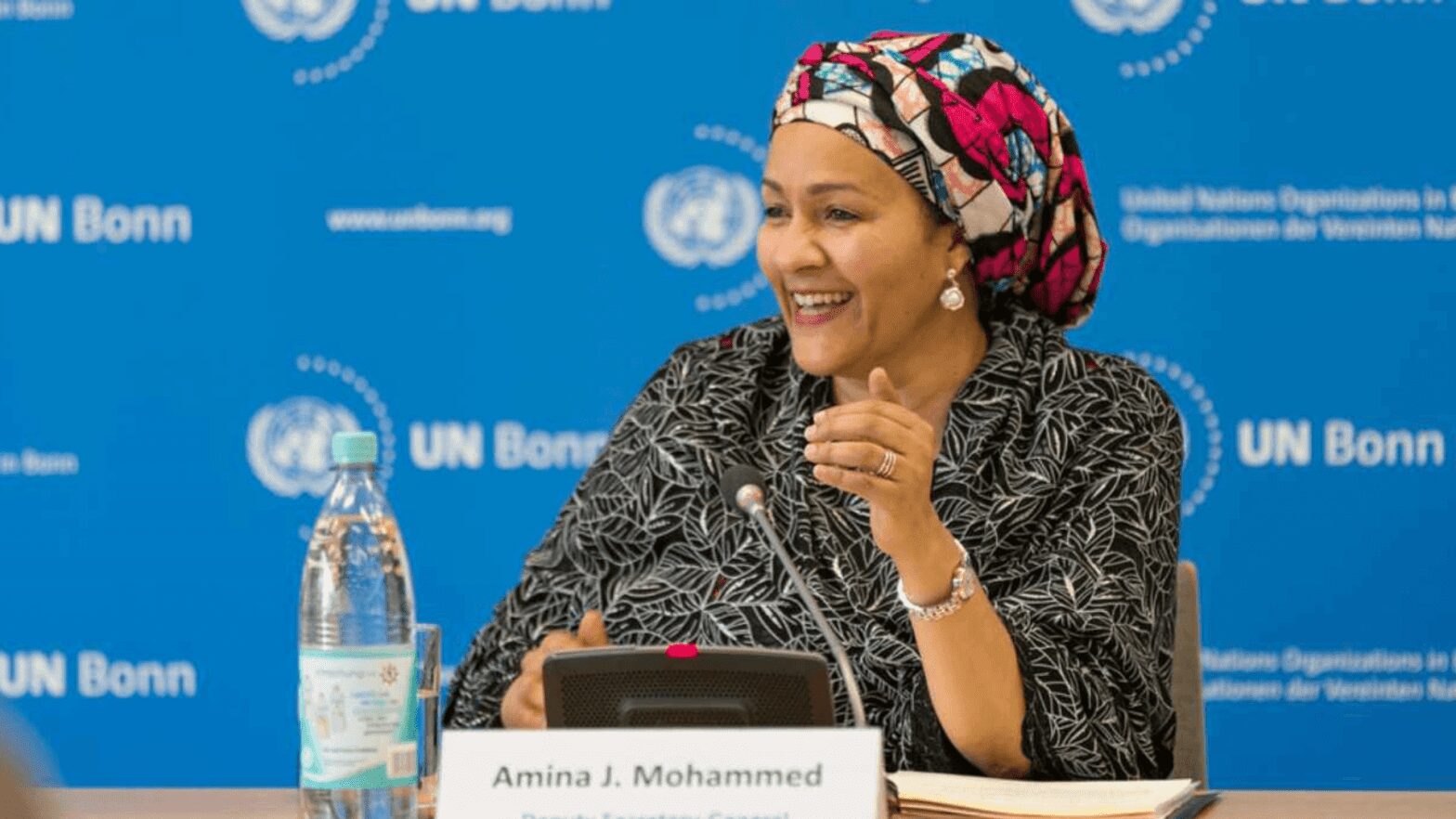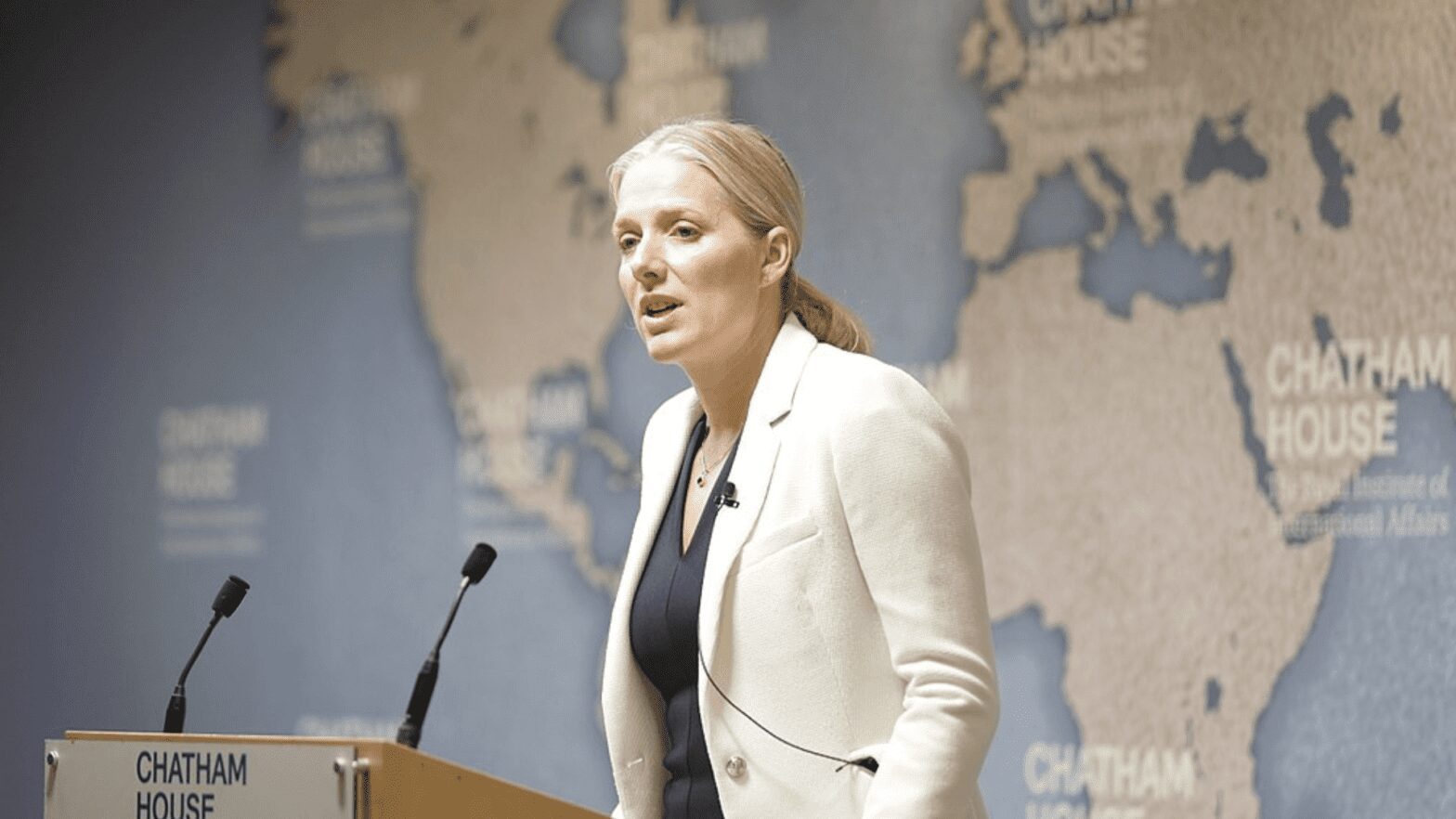Around half of Africa's total population (548 million people) were without access to electricity in 2018. International Energy Agency (IEA – English acronym for International Energy Agency), in the same year, 900 million people on the African continent relied on the traditional use of biomass – such as charcoal and firewood – as their main source of energy for cooking.
In 2017, combined emissions from fossil fuel use in Africa accounted for just 3.6% of the global total, even though the continent is home to around 17% of the world's population (IEA). If the four countries with the absolute emissions (South Africa, Egypt, Algeria and Nigeria) are excluded from the equation, the remaining African countries only contributed 1% of global carbon dioxide (CO2) emissions.
Only a few selected sectors of electricity generation in Africa have greenhouse gas emissions comparable to the economies of developed countries. In fact, the total contribution of electricity generation in Africa to climate change is modest compared to other regions of the world.
According to the African Private Capital Association (AVCA), in a survey of private sector climate investors in Africa, it was identified that 71% of them see renewable energy as the most attractive sector by 2026. The agriculture and transport sectors were also highlighted as promising, ranking second and third positions, respectively. These results show the growing interest and confidence of investors in the potential of businesses related to sustainability and solutions to climate change.
Climate finance investors in Africa expect renewables to dominate deals over the next three years, as the quest for clean energy to end blackouts increases its appeal to funders.
Energy Blackouts: An Issue for Africa
Power blackouts have become a persistent challenge facing Africa, affecting millions of people across the continent. According to World Bank data, approximately 600 million people in sub-Saharan Africa still do not have access to electricity, which is equivalent to about 57% of the region's population.
The electrification rate in sub-Saharan Africa is one of the lowest in the world, averaging just 43%. This means that most people in the region do not enjoy a regular supply of electricity, being deprived of one of the basic necessities of modern life.
One of the main problems faced by African countries is frequent blackouts and lack of electricity supply. This situation is the result of a combination of factors, including inadequate infrastructure, lack of investment in the electricity sector, inefficient management and maintenance issues. These issues are made even more aggravating by rapid population growth and increased demand for energy.
Power blackouts have a significant impact on the African economy. Businesses and industries depend on a reliable supply of energy to operate and be productive. Lack of electricity results in disruption of business activities, supply chain difficulties, reduced production and lost job opportunities.
South Africa, for example, is facing the apex of an energy crisis that has plagued the country since 2008. One of the main reasons for this worrying situation is the inability of Eskom, the state-owned company responsible for supplying approximately 95% of the country's electricity, in adequately meet the demand of the population. This crisis has had significant impacts on the economy, the well-being of citizens and the stability of the South African energy sector.
Facing this challenge requires a joint effort by governments, companies and international institutions. Substantial investments must be directed towards improving electrical infrastructure, expanding power generation capacity and promoting renewable energy sources. In addition, it is necessary to strengthen the governance and management of the electricity sector, promoting transparency and efficiency in the provision of services.
Overcoming power blackouts in Africa is crucial to boost economic growth, improve people's quality of life and promote sustainable development. With continued efforts and adequate investment, the continent is expected to move towards a more reliable and affordable energy future for all Africans.
Energy Potential: Investments in Energy as a Solution for the African Continent
There is an abundance of solar, geothermal and wind resources for the entire African continent, along with the entire process of a long historic construction along with the electrification process. This process makes the continent an attractive point for investors in the energy sector.
The growing construction of bases for solar energy has become a priority for African governments, which seek to combine economic development with investments in the energy sector. With the aim of reducing polluting gas emissions and expanding access to electricity, currently limited to just 40% of the continent's population, governments are implementing measures and seeking partnerships to boost the growth of solar energy as a sustainable and viable solution to meet to the energy demands of the African population.
According to the African Private Equity Association (AVCA), climate-related private equity investment has seen a significant increase in 2022. The total value of deals in this sector has seen growth from 201TP3Q, reaching the mark of US1TP4Q 1.8 billion , the highest in five years. A third of all business done last year was directed towards public services, with emphasis on renewable energy. Then, the information technology and industry sectors also received a considerable volume of investments. These figures reflect investors' growing interest and confidence in the potential of businesses related to sustainability and climate change mitigation.
According to AVCA, important private climate investments will be led by Kenya, Nigeria and Ghana over the next three years. These countries were highlighted due to the growing interest of investors in strategic sectors, such as solar energy, hydropower and information technology. AVCA, which brings together companies from private equity, venture capital, institutional investors and development finance institutions, predicts a significant increase in the flow of capital to these regions in pursuit of sustainable investment opportunities. The combination of these factors, including the growth potential of the aforementioned sectors, makes Kenya, Nigeria and Ghana attractive destinations for investors committed to the transition to a low-carbon economy.
















